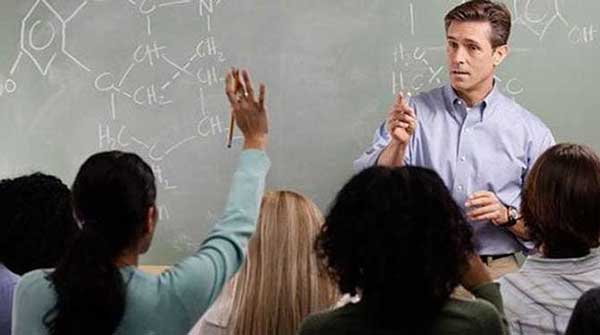ChatGPT is an impressive tool, but it is just that – a tool
 Artificial intelligence has come a long way. Unlike the rudimentary software of the past, modern-day programs such as ChatGPT are truly impressive.
Artificial intelligence has come a long way. Unlike the rudimentary software of the past, modern-day programs such as ChatGPT are truly impressive.
Whether you need a 1,000-word essay summarizing the history of Manitoba, a 500-word article extolling the virtues of your favourite type of vehicle, or a 50-word tweet wishing everyone a good day, ChatGPT will provide it. An article or essay that once took hours to write can now be produced within seconds.
This has significant implications for schools since ChatGPT makes it much harder to catch cheaters. Not only can ChatGPT produce different answers to the same question, but it can also be told to write in a particular style or even incorporate factual errors in any answer it produces. Thus, proving that a student cheated on an assignment will become very difficult indeed.
Unsurprisingly, progressive educators are seizing the opportunity to use this program as proof that we should move away from traditional schooling. To them, ChatGPT shows that there’s little point in having a knowledge-rich curriculum since students can find all the information they need on the internet. Furthermore, they argue that there’s no reason to have students write tests since memorization is now unnecessary.
Instead, progressive educators want schools to focus on generic skills, exemplified by the so-called 21st Century Skills movement. Instead of having students master specific content, they want teachers to focus on transferable skills such as creativity, critical thinking, and collaboration.
However, far from showing that practice and memorization are obsolete, ChatGPT and other artificial intelligence programs prove that traditional education is more important than ever. While students might be able to cheat on their homework assignments, ChatGPT won’t be able to help students write tests since students cannot use their phones or computers while writing them.
Subsequently, tests and exams may soon become the only time when teachers can know for sure that students are genuinely demonstrating what they’ve learned. So rather than eliminating traditional tests, students should write them more frequently. Tests are the best way to assess students on the actual knowledge and skills acquired in a course.
The advent of artificial intelligence programs also shows that the Manitoba government made the right decision when it announced that Grade 12 standardized exams would return next year. These exams will provide us with an important snapshot of the true writing ability of students, which the province can then use to make necessary improvements to our education system.
Of course, one might wonder why students need to learn how to write at all since ChatGPT can write in seconds what it once took hours to write. However, just as the invention of calculators did not make addition, subtraction, multiplication, or division obsolete, the advent of ChatGPT has not made learning how to write sentences and paragraphs obsolete.
Writing is much more than a means to an end. The process of writing helps us formulate our thoughts, think through our positions, and respond to counterarguments. Typing a question into ChatGPT might generate a quick answer, but it will never replace the authenticity of a personally composed response.
Technology is an impressive tool. But it remains just that – a tool. Let’s not push traditional education aside. It is, in fact, more important than ever.
Michael Zwaagstra is a public high school teacher and a senior fellow with the Frontier Centre for Public Policy.
For interview requests, click here.
The opinions expressed by our columnists and contributors are theirs alone and do not inherently or expressly reflect the views of our publication.
© Troy Media
Troy Media is an editorial content provider to media outlets and its own hosted community news outlets across Canada.

